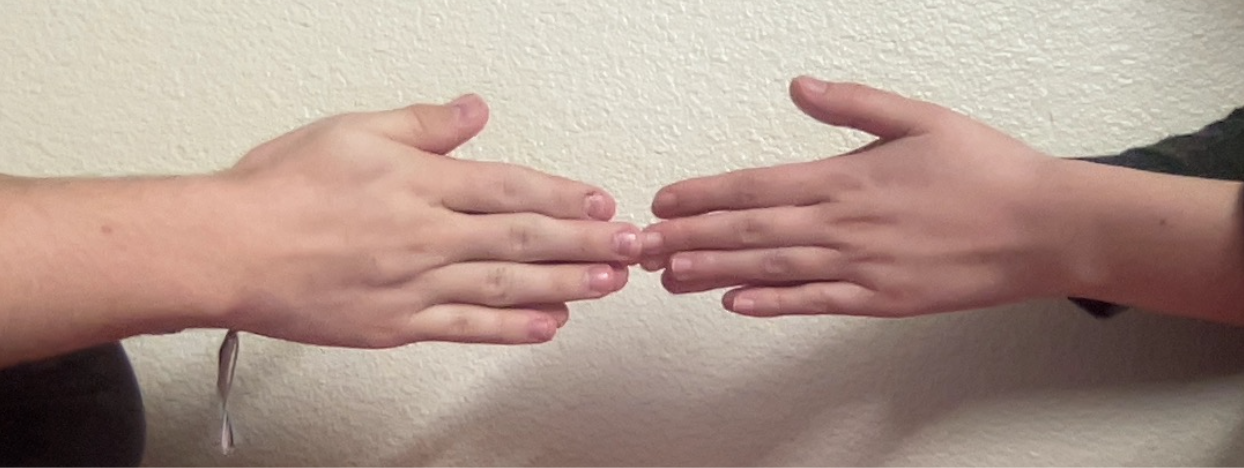Text: “One trick I did consistently throughout my childhood, it was like the only magic trick that I ever knew how to do, it was learning how to pull a coin out of your mouth. So what you would do is you would put your arms behind your back, and pretend to put the coin behind your back and then you put like a finger in your mouth and then flick and a coin was supposed to come out. But, the trick of it, like how you actually do it is its not coming from your mouth, but it’s coming from your sleeve.”
Context: K is a twenty year old student who grew up in Virginia and currently attends USC. She learned how to do this trick from a friend on the playground when she switched schools.
Analysis: The more popular version of the above trick is to pull a coin out of someone’s ear, and it’s done through a similar trick of the eye or deception. Hiding the coin and moving it outside of the person witnessing the trick’s view. However, pulling a coin out of one’s mouth also has an allegorical relation. Recorded in the Bible In Matthew 17:24-27, the coin in the fish’s mouth is one of Jesus’ miracles. When the tax collector comes to Peter the apostle, Peter turns to Jesus and asks if he does not pay taxes. Jesus replies and explains why he does not, but instructs Paul to go fishing and tells him he will find a coin in the mouth of the first fish he catches to use for his taxes. In the 2008 United States census 76% of Virginians (K’s home state) identified as Christian, so perhaps there’s a relation between children hearing Biblical stories and trying to imitate them.

